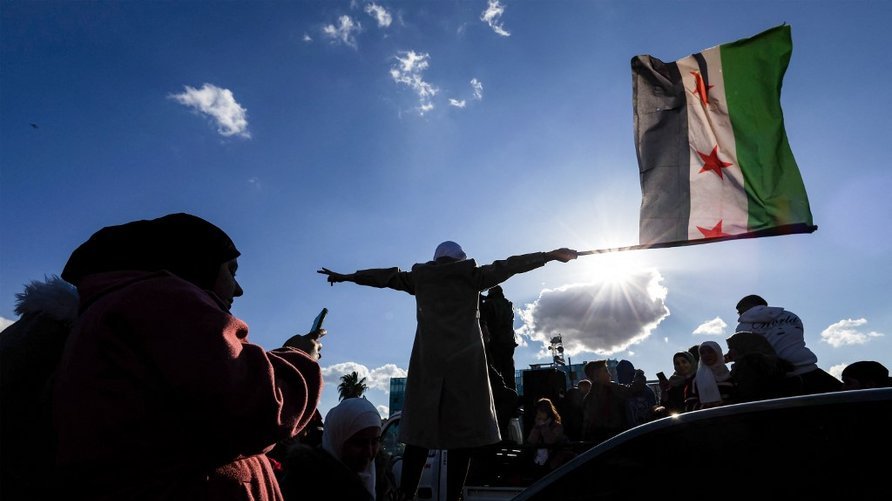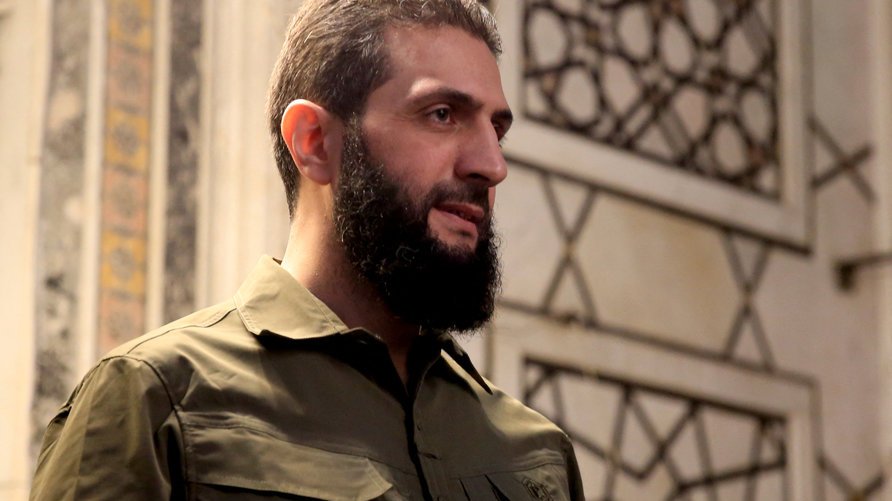The New Situation in Syria: What Roles are Expected from the U.S. and Europe?
A report by The National Interest highlights the anticipated roles of the United States and European countries in ensuring Syria does not revert to being a Russian-Iranian stronghold in the Eastern Mediterranean. Analyst Ariel Cohen, a prominent contributor, notes that the rapid collapse of the Ba’ath Party government led by President Bashar al-Assad marks the culmination of a 13-year civil war.
Geopolitical Shifts and Responsibilities
Cohen, who serves as the Director of the Energy, Growth, and Security Program at the Center for the National Interest, argues that the U.S., Europe, and moderate Arab states must ensure Syria does not become a base for future jihadist expansion led by organizations like ISIS. He emphasizes the need for reconstruction efforts to include measures ensuring equality for women and all ethnic groups, particularly the Kurds, America’s allies, to foster peaceful coexistence. This task is not expected to be straightforward.
The fall of Assad’s regime, backed by Russia and Iran, has altered the geopolitical balance in Syria. The borders established by the Sykes-Picot Agreement of 1916 might not remain as they were. The U.S. State Department still classifies Hayat Tahrir al-Sham, which led operations against Assad’s regime, as a foreign terrorist organization. However, U.S. Secretary of State Antony Blinken announced direct communication with Hayat Tahrir al-Sham on December 15, suggesting potential changes in U.S. policy towards the group.

Regional Responses and Their Impact
Israel has moved to secure a narrow buffer zone in the Golan Heights and systematically destroy Assad’s ground-to-ground missiles, chemical weapons, and other heavy armaments stored across Syria to send a message to the new rulers in Damascus. Turkey, under President Recep Tayyip Erdogan, has supported various rebel groups after Assad’s refusal to normalize relations, deploying the Syrian National Army to counteract U.S.-backed Kurdish-led Syrian Democratic Forces in northern Syria, controlling two large buffer zones there.
Implications for Russia and Iran
Cohen suggests that Assad’s defeat weakens the geopolitical stance of both Tehran and Moscow. Russia has spent billions to keep Assad in power, and for years, the Iranian Revolutionary Guard and Hezbollah have been the leading Iranian forces supporting Assad. Russia might lose its naval base in Tartus and the Hmeimim airbase if the situation continues to deteriorate.
Reconstruction and Sanctions
With peace, reconstruction will be paramount. Sanctions imposed by the EU and U.S. on Assad’s regime aimed at the dictatorship and its allies could be lifted, but this would depend on finding common ground with the post-Assad government.
Re-establishing American Influence
Cohen views the defeat of Russia and Iran in Syria as an opportunity for the U.S. to re-establish its
dominance in the Middle East, urging Washington to push for Russian withdrawal and closure of
its military bases while ensuring that Iranian supplies do not reach Hezbollah through Syria.
Looking Forward
The possibility of building a democratic, pluralistic, and peaceful state in Syria seems
increasingly like a dream, with the return, safety, and prosperity of Syrian refugees hinging on
economic development. However, without wisdom, patience, and tolerance from faction leaders,
there’s a tragic potential for Syria to witness another phase of war and possibly more massacres





